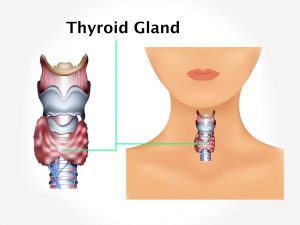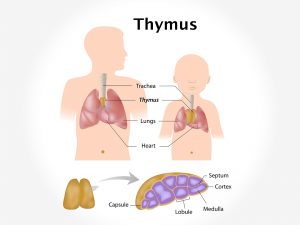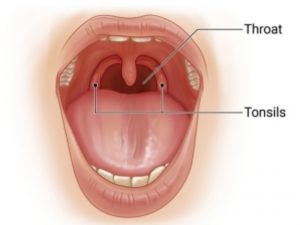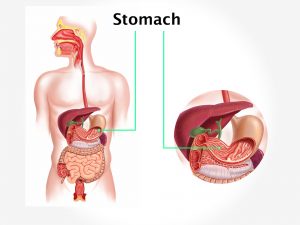Causes and risk factors
Roseola is a contagious illness caused by viruses belonging to the herpes family. The infection spreads through droplets from sneezing or coughing of infected persons.
Clinical presentation
The child develops a very high fever (> 103 F) of sudden onset. It can last anywhere between 2 to 8 days. At the end of the fever, pinkish rashes appear on the trunk, neck and arms. Rare symptoms of roseola include irritability, pain in the stomach, roseola, vomiting or diarrhea. Some children may develop febrile seizures as a consequence of the high fever. Other rare complications include encephalitis and pneumonia.
Investigations
Roseola is diagnosed on the basis of the symptoms of the child i.e. fever followed by rashes. A blood test may be performed to check for antibodies against roseola.
Treatment
No specific treatment is indicated for roseola. The patient must receive adequate fluids and rest. Anti-pyretic drugs are given to bring down the fever.






























